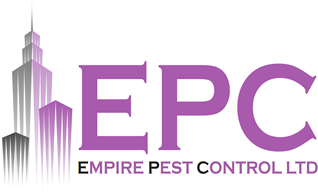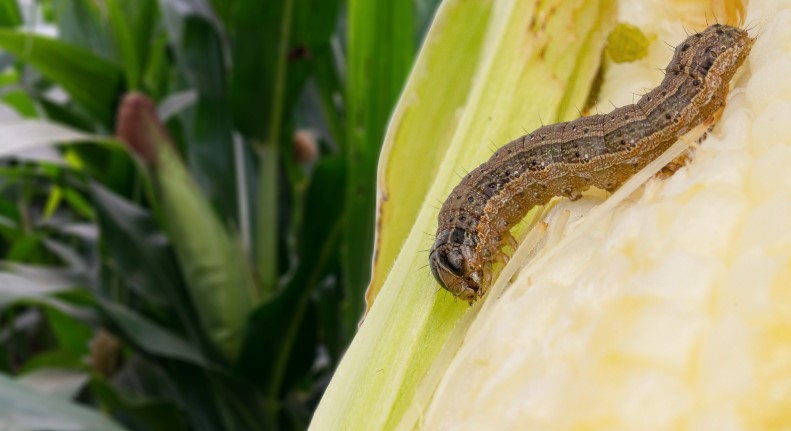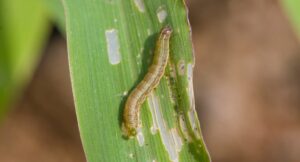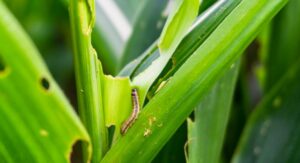Armyworms are notorious pests that can wreak havoc on lawns, gardens, and agricultural crops. These voracious feeders can strip entire fields of leafy vegetation in just a matter of days, making effective control essential for maintaining healthy plants. Understanding what armyworms are and how to manage their population is important for gardeners and farmers. In this blog, we’ll explore what are the best killer for armyworms.
What are Armyworms?
Armyworms are the larvae of several moth species, most commonly the fall armyworm (Spodoptera frugiperda) and the true armyworm (Pseudaletia unipuncta). They typically appear in late spring to early summer, with populations peaking during warm weather. Armyworms are characterized by their greenish-brown colour, and they only have the ability to move in large groups, resembling an army on the march.
Signs of Infestation
Before delving into the best killers, it’s essential to identify the problem early. Signs of an armyworm infestation include:
- Irregularly chewed leaves
- Wilting or browning grass
- Discovery of clusters of small, greenish or brown caterpillars
- A noticeable increase in bird activity, as many birds feed on armyworms
Chemical Control Options
For severe infestations, chemical pesticides can be effective. Here are some top choices:
Pyrethroids: Chemicals like permethrin and lambda-cyhalothrin are effective at killing armyworms on contact. These are synthetic versions of naturally occurring insecticides derived from chrysanthemum flowers.
Bacillus thuringiensis: This naturally occurring bacterium is one of the safest options available. Bt specifically targets caterpillars, including armyworms, by producing toxins that disrupt their digestive systems. It’s ideal for organic gardeners looking for an eco-friendly solution.
Insect Growth Regulators: Products containing IGRs like methoprene interfere with the growth and development of armyworms. These are particularly useful as they disrupt their life cycle, preventing larvae from reaching maturity and reproducing.
Natural Control Methods
If you prefer non-chemical approaches, several natural methods can help manage armyworm populations:
- Handpicking: For small infestations, handpicking the larvae can be a quick and effective method. Wear gloves and drop them into a bucket of soapy water.
- Beneficial Insects: Encourage the presence of natural predators, such as parasitic wasps and ladybugs, which can help keep armyworm numbers in check.
- Neem Oil: Derived from the seeds of the neem tree, neem oil acts as a repellent and disrupts the feeding behaviour of armyworms. It can be sprayed on affected plants to protect them from further damage.
- Companion Planting: Certain plants, like marigolds and basil, can deter armyworms when planted alongside susceptible crops.
Conclusion
The best killer will depend on the severity of the infestation and whether you prefer chemical or natural solutions. Chemical pesticides offer fast results, while natural methods like Bacillus thuringiensis and neem oil provide more eco-friendly alternatives. If you experience a severe infestation, it’s always best to contact professional pest control services.




